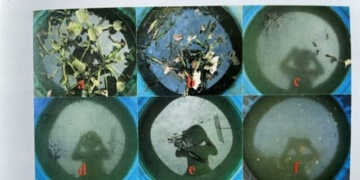 With the rising popularity of broadband and consumers increasingly comfortable purchasing software online, rather than buying installation disks as in the past, computer programs can now be sold as services.
With the rising popularity of broadband and consumers increasingly comfortable purchasing software online, rather than buying installation disks as in the past, computer programs can now be sold as services.
This insight was shared by David Sykes, Vice President of the Pacific Region at Symantec, during a roundtable discussion in Sydney last night. According to Mr. Sykes, this trend has already taken shape in several countries, such as South Korea, which has one of the most advanced broadband networks in the world. Symantec has authorized local ISPs to sell its branded antivirus applications.
Specifically, ISPs purchase product licenses and then provide direct services to consumers: they handle tasks like virus scanning and threat identification, which Norton System Works typically manages. All these services are delivered through the network cable.
Mr. Sykes even suggested that it is possible for various organizations (such as online banks) to sell virus and spyware scanning functions on behalf of Symantec, ensuring customers that they are not “hit” before logging into their accounts. Customers can visit an Internet bank’s website, which has an end-user application that allows them to scan their computers.
For instance, if your computer is infected with the Sobig worm (or any other worm), a window will pop up saying: “Do you want to fix this issue or purchase a security solution?” To make payment, consumers can use credit cards or add it to their mobile phone bills. In turn, banks may choose to block access for customers whose computers are infected with particularly dangerous viruses.
In the past, Symantec officials have acknowledged that customers frequently complained about applications like Norton Antivirus and Norton Internet Security taking up too much space and system resources. Symantec promised to respond to customer feedback with smaller and faster product packages.
By breaking down application packages and offering them as online services, Sykes hopes to address these concerns.
Tien Yi


















































